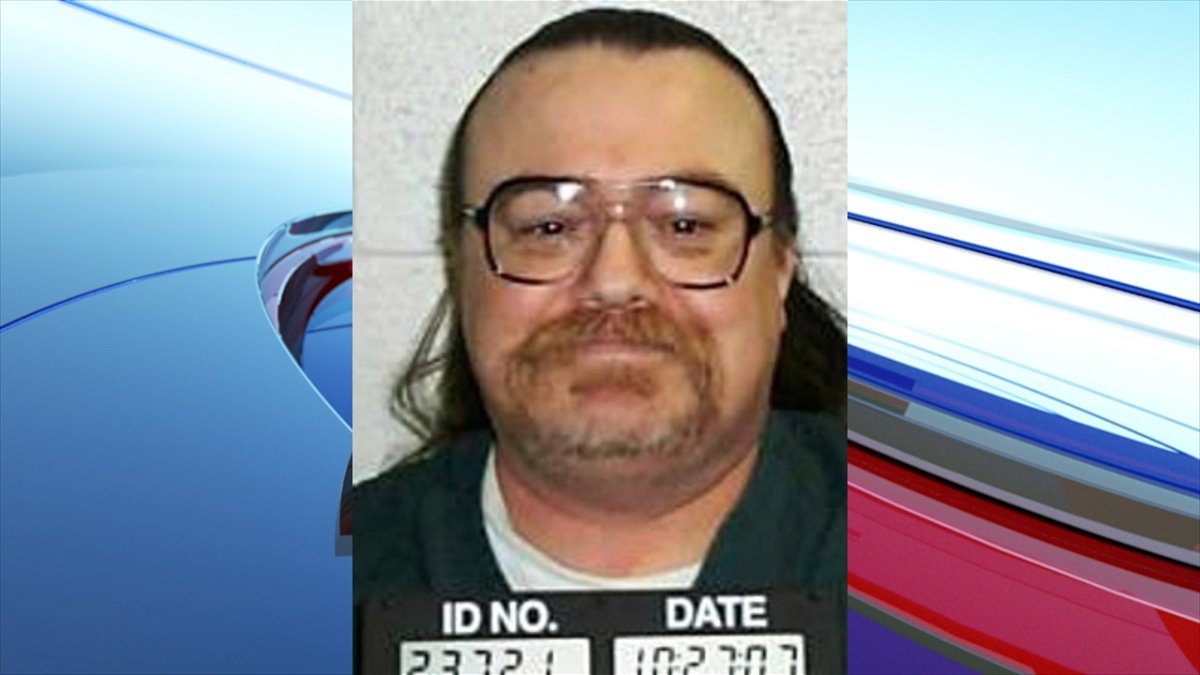Death row inmate Gerald Pizzuto’s appeals nearing legal end

BOISE, Idaho (AP) - One of Idaho's death row inmates is nearing the end of his legal appeals, and that could prompt prison officials to prepare for his execution before the end of the year.
Gerald Pizzuto, 64, is one of eight people on Idaho's death row. He was sent there in 1986 after his murder conviction for the 1985 beating deaths of Berta Herndon, 58, and her nephew Del Herndon, 37, at a remote Idaho County cabin where they were prospecting.
Prosecutors said Pizzuto, armed with a .22 caliber rifle, tied the victims' wrists behind their back and bound their legs to steal their money. He bludgeoned them both and shot Del Herndon.
Pizzuto's appeal has focused on whether he has shown that he is intellectually disabled, since federal law prohibits the execution of people with intellectual disabilities.
The 9th U.S. Circuit Court of Appeals last year upheld a lower court's ruling that Pizzuto failed to show he met the criteria to be considered intellectually disabled, and Pizutto's attorneys asked the full 9th Circuit to consider the matter.
The appellate court refused, and now his attorneys have until March 30 to file a petition asking the U.S. Supreme Court to take up the case.
It's difficult to estimate how long the U.S. Supreme Court would take to decide whether to consider Pizzuto's case, but his attorneys said the legal fight is likely nearing its end.
"Counsel have spent considerable time on Gerald Pizzuto's capital case, which is in end stage litigation with a death warrant possible within the next six months or sooner," federal appellate public defender Bruce Livingston wrote in a document filed in court earlier this week.
Livingston said he and other attorneys have been preparing to file a petition for clemency, a formal request made to the Idaho Commission of Pardons and Parole to change a death sentence to life in prison or to otherwise grant a death row inmate amnesty.
Last year, Idaho Department of Correction officials confirmed that they did not have any lethal injection drugs on hand. On Friday, Department spokesman Jeff Ray declined to answer questions about whether they still do not have the drugs.
"IDOC does not speculate about the possible execution of any inmate prior to the issuance of a death warrant," Ray wrote in an email. "We are confident that when the time comes we will have the means to carry out an execution."
The department's ability to buy lethal injection drugs, and the source of those drugs, has been the subject of increasing scrutiny in the midst of a lawsuit from a University of Idaho professor whose public record request to corrections department for the information was denied for the most part.
A state judge ordered prison officials to turn over much of the information, but the correction department's attorneys appealed and the Idaho Supreme Court is expected to hear the case sometime this year.






